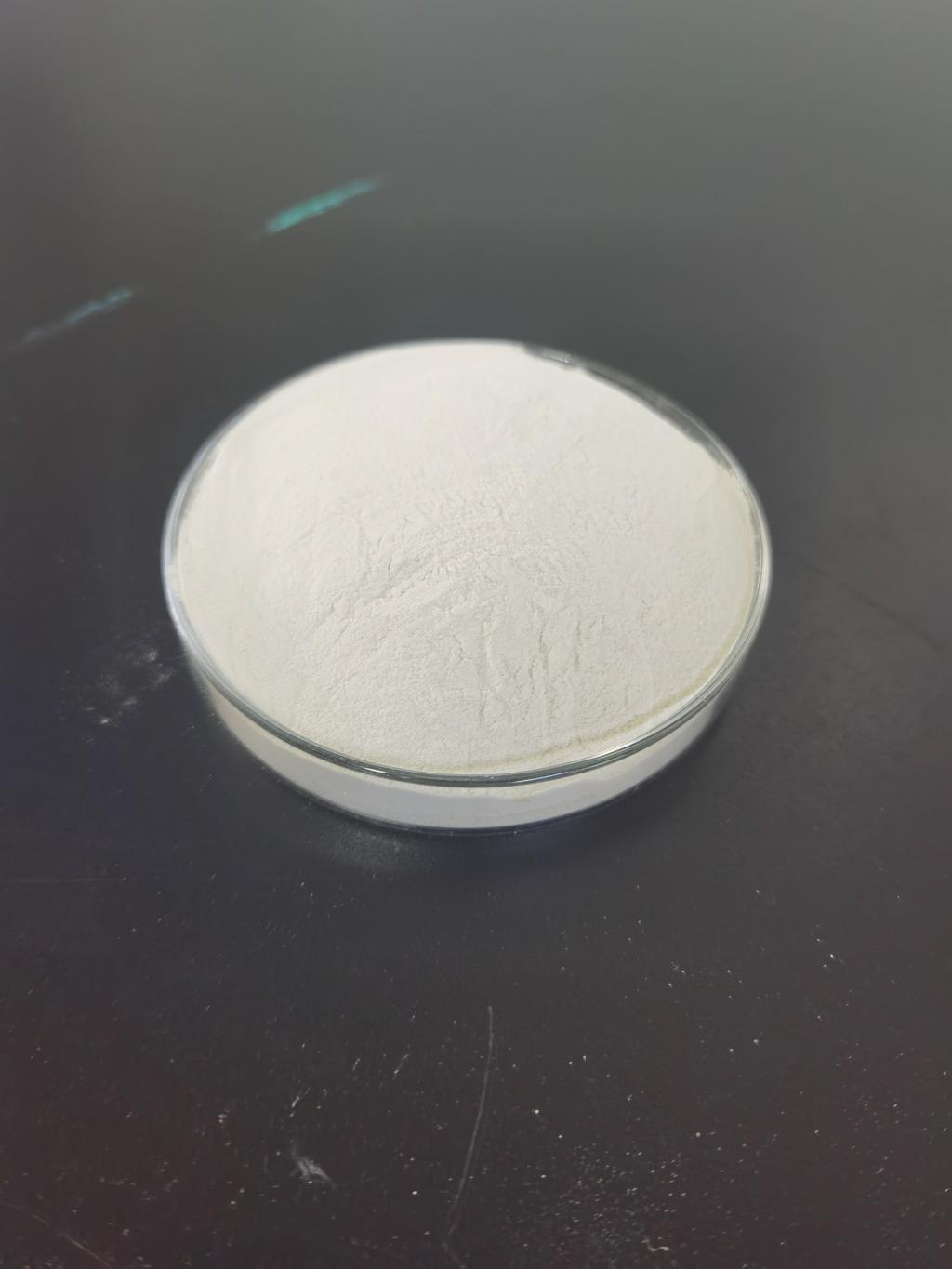Tel:+8618231198596

News
 CONTACT
CONTACT
 CONTACT
CONTACT
- Linkman:Linda Yao
- Tel: +8618231198596
- Email:linda.yao@dcpharma.cn
- Linkman:CHARLES.WANG
- Department:Overseas
- Tel: 0086 0311-85537378 0086 0311-85539701
News
Can Nisin be used in baby food products?
TIME:2023-05-18
Understanding Nisin:
Nisin is a polycyclic antibacterial peptide produced by certain strains of the bacterium Lactococcus lactis. It is recognized as a Generally Recognized as Safe (GRAS) ingredient by the U.S. Food and Drug Administration (FDA). Nisin exhibits strong antimicrobial activity against a wide range of Gram-positive bacteria, including foodborne pathogens such as Listeria monocytogenes.
Safety Considerations:
The safety of any ingredient used in baby food is of utmost importance. Extensive research has been conducted on the safety of nisin, and it has been consistently shown to be non-toxic and non-carcinogenic. Moreover, nisin is heat stable, and its antimicrobial activity is not significantly affected by processing conditions commonly used in baby food manufacturing.
Regulatory Status:
Regulatory authorities around the world, including the FDA and the European Food Safety Authority (EFSA), have evaluated and approved the use of nisin as a food preservative. However, it is essential to check the specific regulations of each country to ensure compliance before incorporating nisin into baby food products.
Benefits of Nisin in Baby Food:
Extended Shelf Life: Nisin can effectively inhibit the growth of spoilage-causing bacteria, thereby extending the shelf life of baby food products. This helps ensure that the food remains safe and nutritious for consumption over an extended period, reducing food waste.
Enhanced Food Safety: The presence of nisin in baby food can help control the growth of pathogenic bacteria, including Listeria monocytogenes. This is particularly crucial for infants, as their immune systems are still developing and they are more vulnerable to foodborne illnesses.
Natural and Clean Label: Nisin is a naturally occurring peptide, which aligns with the growing consumer demand for clean label and natural ingredients. Its use in baby food products can provide a more transparent and recognizable ingredient list, appealing to health-conscious parents.
Reduced Need for Synthetic Preservatives: Nisin's effectiveness as a preservative can potentially reduce or replace the need for synthetic preservatives, such as sorbates or benzoates, in baby food products. This can address concerns regarding the use of artificial additives and meet the increasing demand for minimally processed foods.
Application Challenges:
Despite its numerous benefits, there are certain challenges associated with using nisin in baby food products. One significant challenge is its limited efficacy against Gram-negative bacteria, which may still pose a risk. Additionally, optimizing the formulation and dosage of nisin to ensure both safety and effectiveness is crucial.
Conclusion:
The use of nisin as a natural preservative in baby food products holds significant potential. Its proven antimicrobial activity, safety, and regulatory approvals make it a viable alternative to traditional preservatives. However, thorough product-specific evaluations, including addressing the challenges associated with its limited efficacy and optimizing formulation, are necessary before incorporating nisin into baby food products. Continued research and collaboration between food manufacturers, regulatory bodies, and scientific communities can ensure the successful utilization of nisin in the development of safe and nutritious baby food options.
- Tel:+8618231198596
- Whatsapp:18231198596
- Chat With Skype







